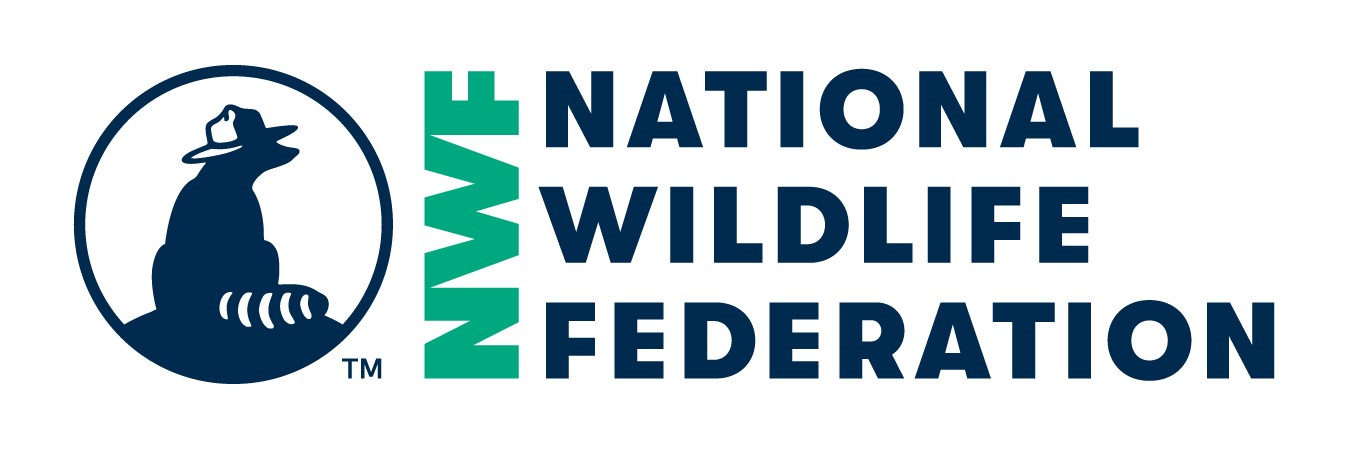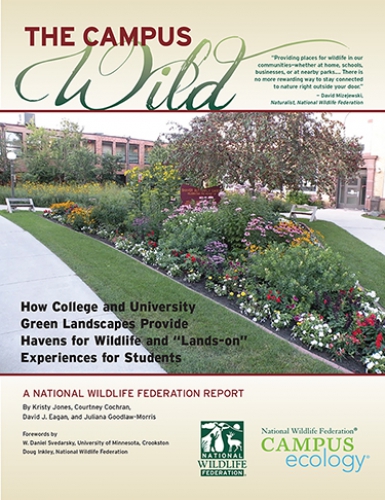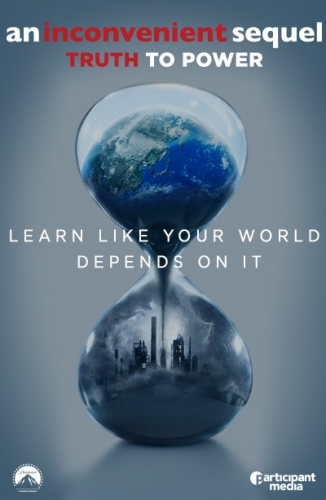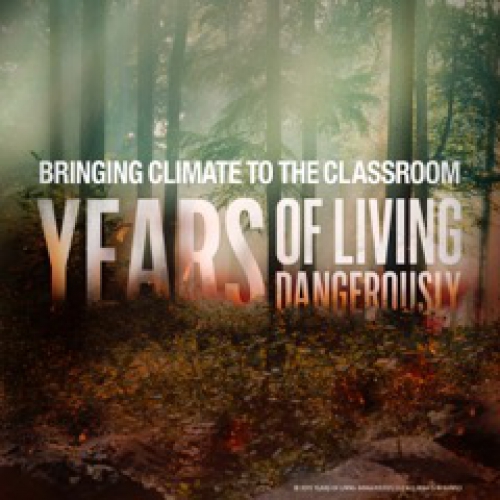Ensuring that people and wildlife have the clean, safe water they need is a huge challenge. Colleges and universities can help meet that challenge. They now use tremendous amounts of water for consumption, landscaping, heating and cooling, cleaning and other purposes. Reducing this water usage can thus conserve water, making more water available for other important uses. That’s why many higher education institutions are beginning to make significant infrastructure and policy changes to cut the amount of water they use.
As a student, you can help reduce your campus’ water footprint and ensure that clean water is accessible to all. Possible projects include developing plans to eliminate sales of bottled water on your campus, changing campus policies to cut pesticide and fertilizer use or switching to more environmentally responsible irrigation techniques, and lobbying your state legislators to enforce or strengthen the Clean Water Act or the Safe Drinking Water Act.
Suggested projects/campaigns for students:

Participate in Campus Conservation Nationals Water Usage reduction competition
MORE
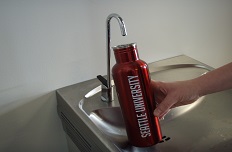
Lobby your state legislators to enforce or strengthen the Clean Water Act or the Safe Drinking Water Act
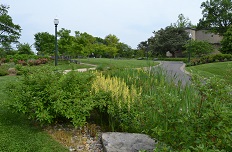
Change campus policies to cut pesticide and fertilizer use or to switch to more environmentally responsible irrigation techniques
Interested in pursuing a water resources career? Check out the water resources careers outlook in the EcoLeaders Career Center to learn more about careers in the field, hear from professionals, and map out your career plan.
Resources
- Generation E: Students Leading for a Sustainable, Clean Energy Future- Water Conservation, page 49
- Healing Our Waters-Great Lakes Coalition publishes reports documenting the challenges facing the Great Lakes—and the opportunities to be gained from implementing manageable solutions
- Clean Water Grows: Six Successful Cover Crop Outreach Efforts Report
- Water Under Pressure: What Oil Shale Could Mean for Western Water, Fish and Wildlife
- No More Drilling in the Dark: Exposing the Hazards of Natural Gas Production and Protecting America’s Drinking Water and Wildlife Habitats
- Restoring the Great Lakes’ Coastal Future: Technical Guidance for the Design and Implementation of Climate-Smart Restoration Projects
- Sprayed Away: Seven Ways to Reduce Texas Outdoor Water Use
- EarthEcho International Water Challenge
EarthEcho Water Challenge
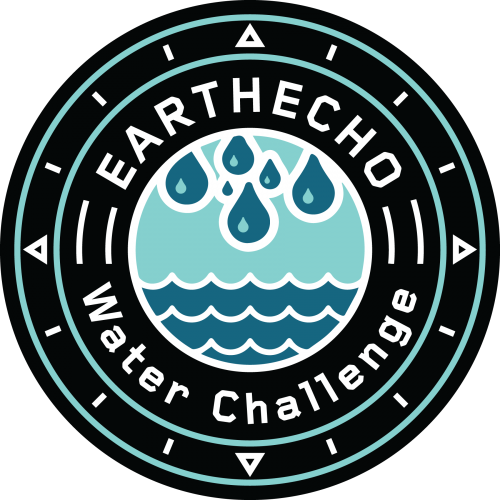
The EarthEcho Water Challenge (formerly World Water Monitoring Challenge) is a program of EarthEcho International that runs annually from March 22 (the United Nations World Water Day) through December and equips anyone to protect the water resources we depend on every day.
Click here to learn more and participate!
Featured Resource
